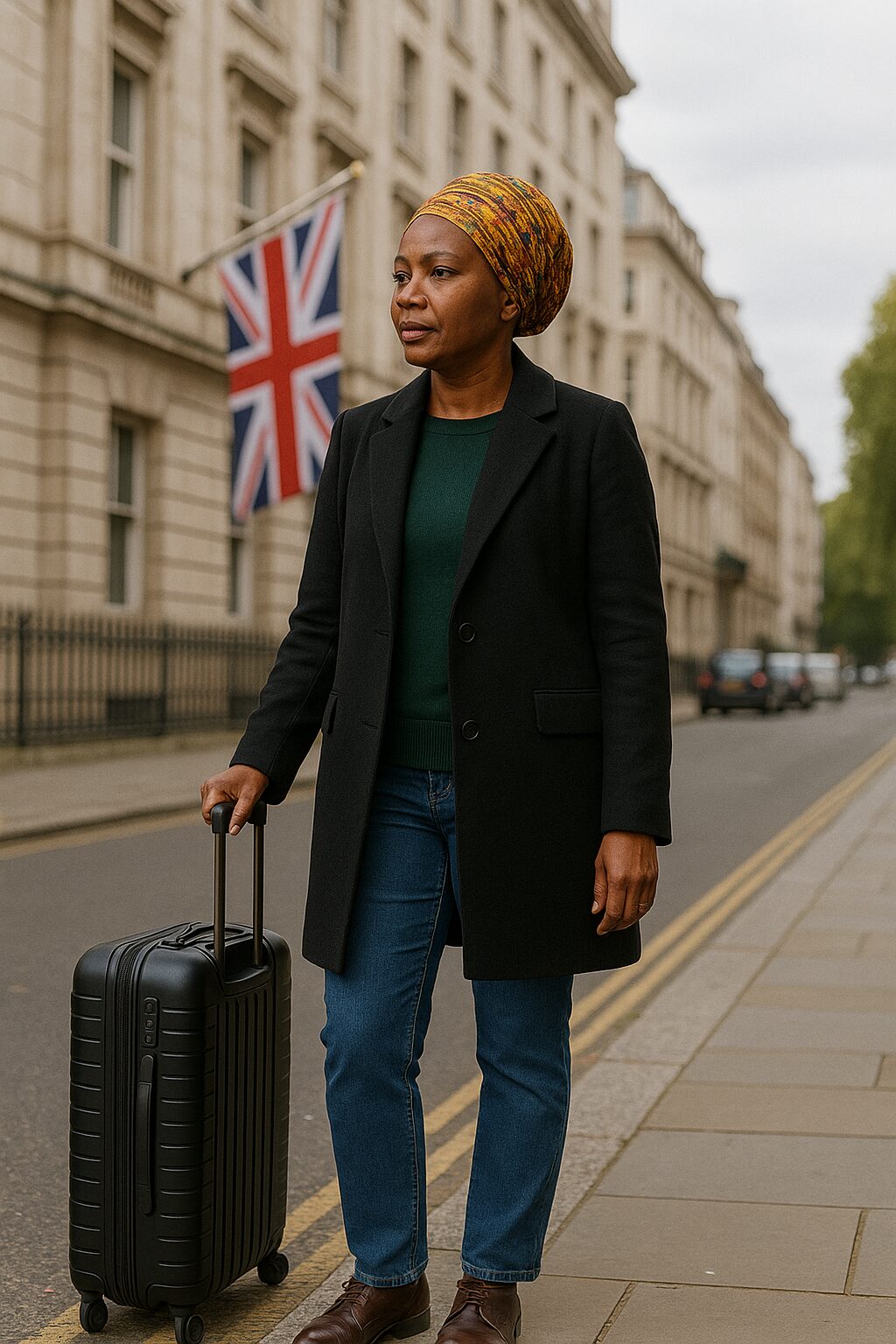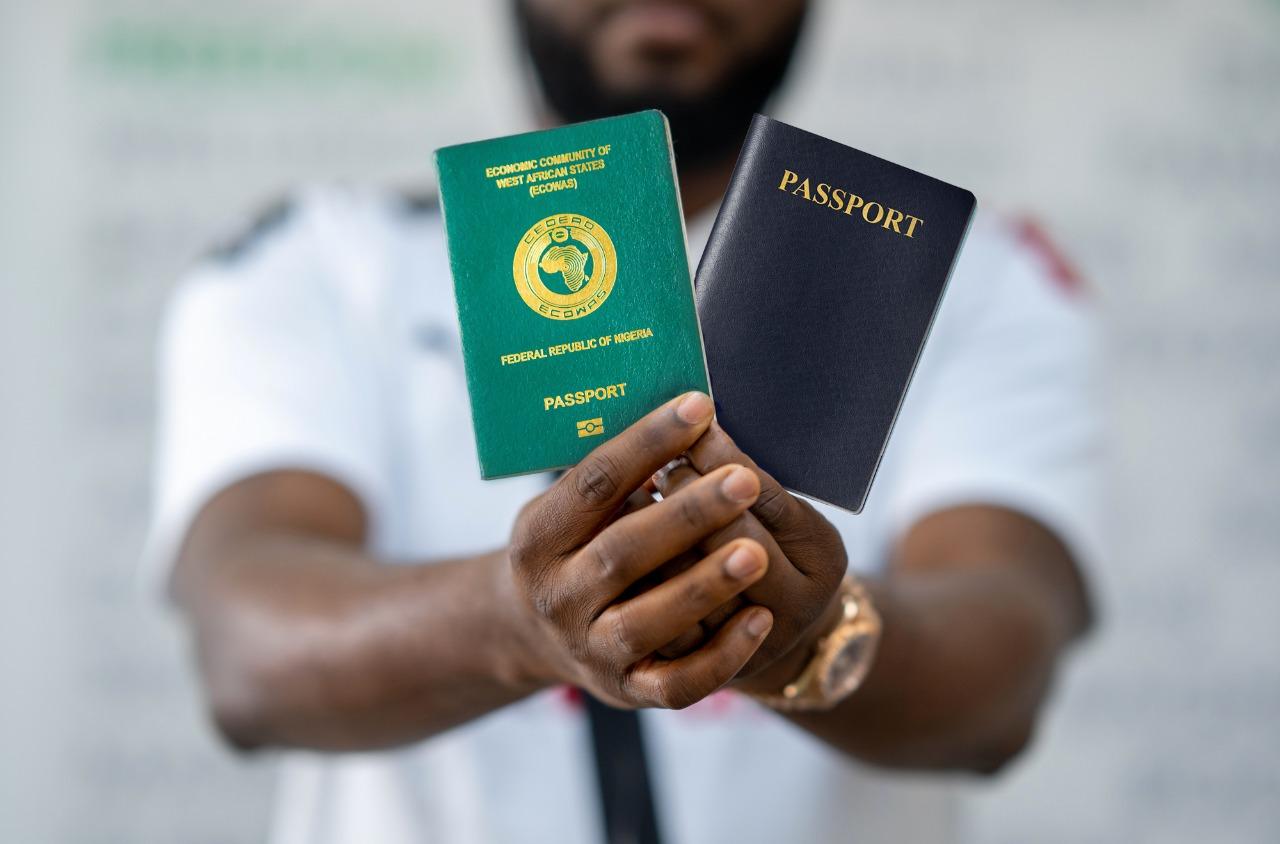At iJapa.ng, we believe in exploring opportunities and sharing insights that can empower our readers. Today, we delve into the realm of dual citizenship and how it can open doors to new possibilities for Nigerians. In a recent interview with The PUNCH, Zaid Aldayriyeh, Managing Director of Citizenship Bay, shared his thoughts on how Nigerians can take advantage of foreign citizenship and residency programs.
What are the benefits of having dual or multiple citizenships?
There are numerous benefits to holding dual citizenship. The foremost advantage is that it acts as an insurance policy for you and your family. Coming from a developing country like Nigeria, the risk of economic and political instability is higher. Therefore, having a second citizenship provides a safety net during challenging times.
European citizenship, for example, offers extensive opportunities, including the right to live in your own apartment and visa-free access to over 150 countries such as the United Kingdom, Schengen countries, Singapore, and Hong Kong. Additionally, citizenship and residency investment programs provide a platform for applicants to invest, thereby qualifying for these programs while also diversifying their investment portfolios.
Does advocating for dual citizenship imply that our countries are underdeveloped or that we are second-class citizens?
Dual citizenship is legally allowed in Nigeria and many other countries. It’s not about nationalism or giving up your country; it’s about having a plan B. Citizens from developing countries, including Nigerians, often face difficulties such as high visa rejection rates. Successful individuals and businesspeople require the freedom to travel for business meetings, tourism, or other purposes without being held back by their nationality. Dual citizenship is now a necessity rather than a luxury, providing access to global business and investment opportunities.
What does it take to get foreign citizenship?
There are various types of programs available. Countries like Canada, the USA, Australia, and New Zealand have immigration programs that require physical relocation. On the other hand, citizenship by investment programs allow you to gain citizenship without relocating. These programs are designed to attract foreign direct investment to improve the country’s infrastructure and fund national projects. In return, investors receive citizenship and a passport within four to six months.
Similarly, residency by investment programs offer residency in exchange for investments, typically in European countries such as Portugal and Cyprus. This residency provides access to European benefits without the need to relocate permanently.
Do you have to relocate to get citizenship by investment?
Most clients do not relocate. They see it as a smart investment that opens doors for them without the need to move. The main advantage is the flexibility and security it offers.
What might prevent someone from getting citizenship or residency?
The primary reasons for rejection are a criminal history or an inability to justify the source of your funds. Applicants must have a clean background and a transparent source of income. Additionally, the application process requires various documents, including police certificates and bank statements, which our company helps clients to gather and submit correctly.
Zaid Aldayriyeh’s insights underscore the importance of having a backup plan and exploring global opportunities through dual citizenship. This strategic move can significantly enhance personal and professional growth, providing a broader scope for success.
If you have a Japa story to share, or know someone whose experience could inspire others, please connect with us at iJapa.ng. Share this page, and let’s spread the word about the endless possibilities and opportunities that lie ahead.
Source: Grace Edema, The PUNCH Senior Correspondent









